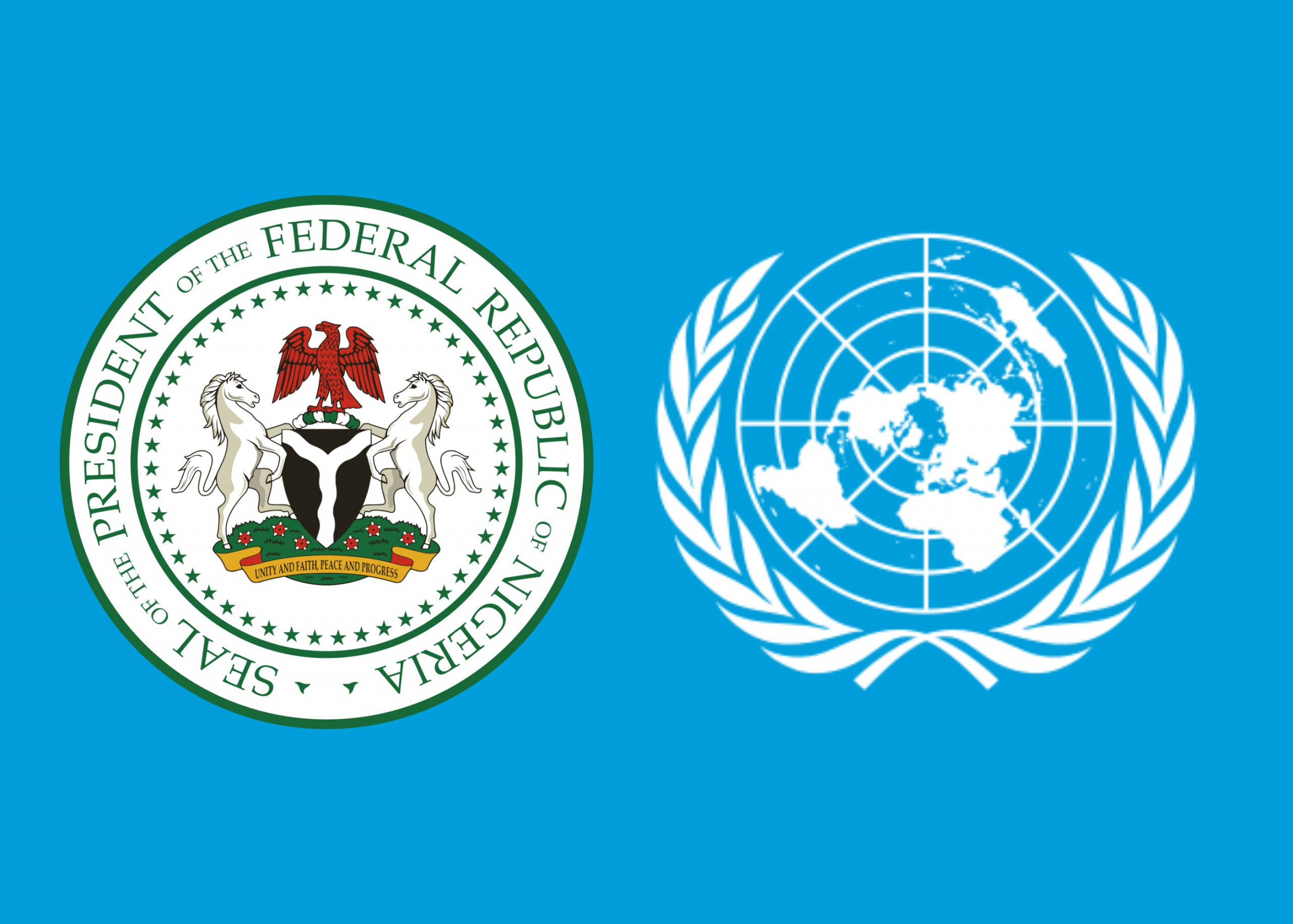News in Brief:
– Nigeria seeks stronger UN partnership for sustainable agriculture and food security.
– The UN supports Nigeria’s strategy to address the ongoing food security crisis, emphasising coordinated.
Nigeria has called for a more robust partnership with the United Nations to achieve sustainable agricultural development and ensure food security. The appeal was made during a visit by UN Deputy Secretary-General Dr. Amina Mohammed to the country, recently.
Nigeria’s Minister of Agriculture and Food Security, Abubakar Kyari, welcomed Mohammed to Nigeria and highlighted the crucial role the organisation has played in the country’s development.
Furthermore, he emphasised the importance of the partnership given Nigeria’s large population and growing demand for food. “Nigeria’s partnership with the United Nations is critical to meet the attendant huge consumption demand in both the immediate and long-term plans of action,” the minister noted.
Additionally, he underscored the alignment of the ministry’s mandate with the key priorities of President Bola Ahmed Tinubu’s 8-point agenda, including food security, economic growth, job creation, and poverty eradication.
Longstanding cooperation with UN agencies
Meantime, Nigeria has a long-standing history of cooperation with various UN organizations, including the Food and Agriculture Organization (FAO), the International Fund for Agricultural Development (IFAD), and the United Nations Development Programme (UNDP). The country has also been contributing financially to these organisations to support agricultural development.
Furthermore, the ministry is seeking additional support for key programs aimed at increasing food production and improving the livelihoods of rural populations, such as the Value Chain Development Programme (VCDP) and the Livelihood Improvement Family Enterprises Project (LIFE-P).
The UN expressed its support for Nigeria’s strategy to manage the ongoing food security crisis. Mohammed explained the critical situation facing the country, noting that the crisis is exacerbated by multiple factors, including domestic challenges and global disruptions.
“We are looking at those most affected, and food security is a major issue, particularly for smallholder farmers who have been displaced,” she said.
Also, she pointed out that the international organisation is actively helping with planning that will allow it continue to support the displacement while also addressing the security issues in the country.
Addressing the food security crisis
The food security crisis in Nigeria has been intensified by rising commodity prices, making it difficult for many Nigerians to afford necessities. Mohammed acknowledged the complexity of the situation and emphasised the need for coordinated efforts across all levels of government to resolve it.
Additionally, the UN Deputy Secretary-General acknowledged the controversy surrounding the role of technology and biotechnology in driving food security in Nigeria.
However, she stressed the importance of developing policies that balance innovation with the protection of the country’s agricultural systems.



